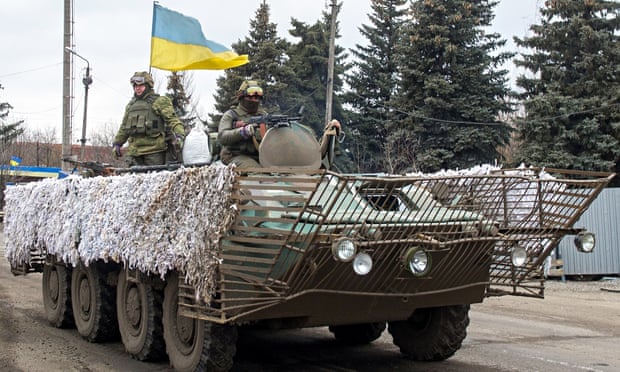By Kathryn Maureen Ryan
Impunity Watch, Managing Editor
WASHINGTON, D.C., United States of America – Wedding bells are ringing for same sex couples across Alabama despite an order issued by the state’s chief justice, Roy S. Moore, intended to stop local judges from issuing marriage license to same sex couples. Amid conflicting signals from U.S. federal courts and the chief justice of Alabama’s Supreme Court, some Alabama counties began granting marriage licenses to same sex couples on Monday. In major counties like Birmingham, Montgomery and Huntsville, same sex couples lined up outside courthouses as they opened and were granted marriage licenses after being wed by clergy or by the judges themselves in defiance of Roy Moore’s ban. A United States district court ruled last month that Alabama must issue same-sex marriage licenses starting Monday.

Roy Moore issued an order attempting to stop judges in the state from issuing marriage licenses as an attempt to stop the licenses when the U.S. Supreme Court declined to intervene. “Effective immediately, no Probate Judge of the State of Alabama nor any agent or employee of any Alabama Probate Judge shall issue or recognize a marriage license that is inconsistent with [state law],” Moore said in the order. He explained his move as “necessary for the orderly administration of justice within the state.”
At least six counties began granting licenses to same-sex couples in defiance of Roy’s order, including the state’s most populous counties. Judge Steve Blair said the issue of judicial authority is “long settled” and “my personal beliefs … are entirely immaterial.” The actions of judges in these counties made Alabama the 37th state with legal same-sex unions. At least eight counties refused licenses to same-sex couples, including Tuscaloosa, Lee, Elmore, Covington, Calhoun, Cleburne, Franklin and Washington. Washington probate judge Nick Williams said of his action, “I’m not worried about following the US constitution.” Also, at least six counties refused licenses to anyone, straight or gay, including Mobile, Bibb, Clarke, Shelby, Pike and Marengo, where a judge will offer papers but won’t sign them. Additionally at least six counties are accepting applications for same sex marriage license but are waiting for the United States Supreme Court to weigh in on the issue.
For some, the conflict between the federal order and the judge’s order, largely seen as a reflection of Roy’s own beliefs, is reminiscent of the legal struggles waged in the state during the Civil Rights era. “I don’t want to see judges make the same mistakes that I think were made in this state 50 years ago, where you have state officials not abiding by federal orders,” said Judge Steven L. Reed of Montgomery County, who added, “The legacy always hangs over us until we show that we’re beyond it.”
For more information please see:
The Guardian – Alabama Same-Sex Marriages Continue As Governor Refuses To Intervene – Live Updates – 9 February 2015
The New York Times – SameSex Marriages Proceed in Alabama as State Judge’s Order Is Defied – 9 February 2015
Time – Gay Marriage Begins in Alabama despite Top Judge’s Order – 9 February 2015
The Wall Street Journal – Alabama’s Chief Justice Fails in Bid to Block Gay Marriages – 9 February 2015



